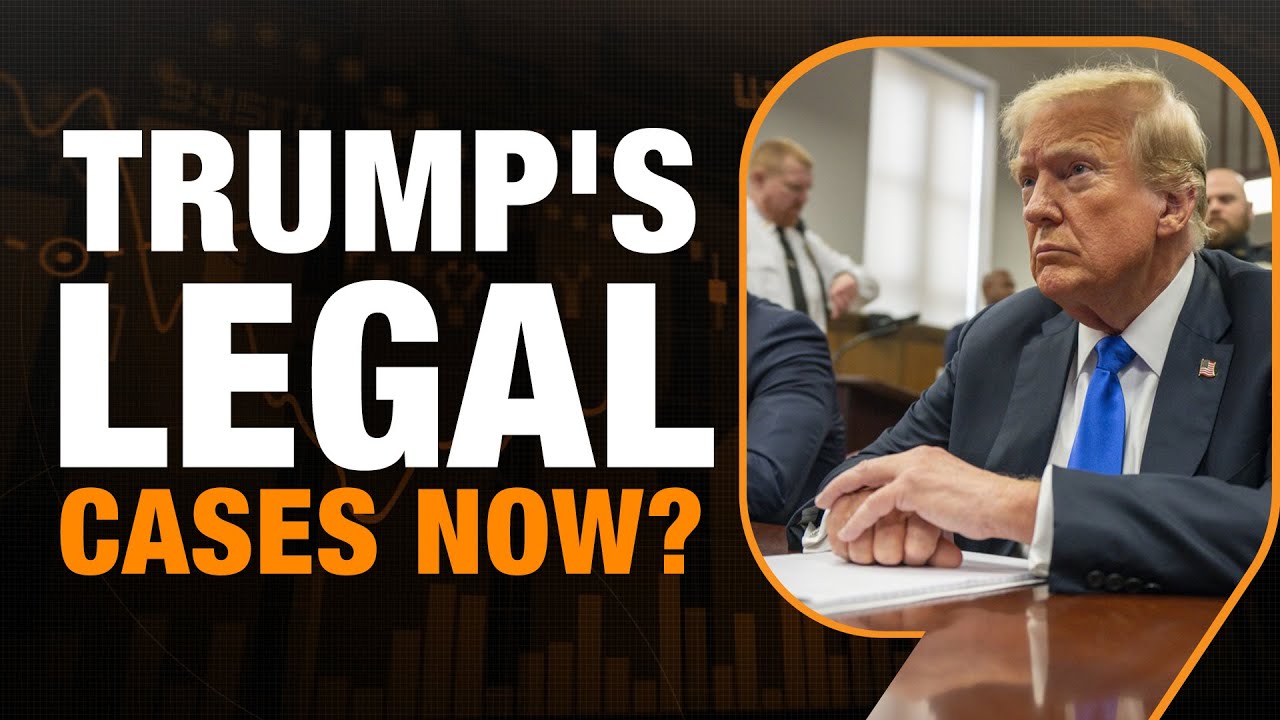Donald Trump, now set to return to the White House, will become the first president to serve while facing multiple ongoing criminal cases. As the legal landscape adjusts to his victory, his legal team is negotiating to resolve some of these cases. Here’s a breakdown of Trump’s pending cases and their potential outcomes.
1. New York Hush-Money Conviction
In May, a New York jury found Trump guilty of 34 counts of falsifying business records, all related to payments made to silence an adult film star. Sentencing was initially postponed until November 26, following the election, and is still expected to proceed. Legal experts, like former prosecutor Julie Rendelman, suggest it’s unlikely Trump will face prison time due to his age and lack of prior convictions. If sentencing occurs, Trump’s legal team could pursue a prolonged appeals process, possibly delaying any outcome for years.
2. January 6 Case
Special Counsel Jack Smith filed charges against Trump related to his alleged attempts to overturn the 2020 election results. Although the Supreme Court previously ruled that Trump had partial immunity for actions taken during his presidency, Smith refiled the case, arguing that Trump’s attempts to change the election outcome were outside his official duties. However, Trump’s re-election could likely shield him from prosecution in this case. Legal experts, such as Neama Rahmani, argue that a sitting president cannot be prosecuted, meaning the charges would likely be dismissed. Trump has openly criticized Smith, stating he would dismiss him from the case upon taking office.
3. Classified Documents Case

Smith also brought a case against Trump for allegedly mishandling classified documents post-presidency. Trump is accused of storing sensitive files at his Mar-a-Lago residence and obstructing retrieval efforts. Judge Aileen Cannon dismissed the charges, arguing Smith’s appointment by the Justice Department was improper. While Smith appealed, Trump’s presidency might put an end to this case as well. Legal analysts, like Rahmani, anticipate the Justice Department will drop its appeal in light of Trump’s victory.
4. Georgia Election Case
Trump faces charges in Georgia related to alleged efforts to overturn the 2020 election results. The case has been complicated by legal battles over District Attorney Fani Willis’s involvement and other procedural hurdles. Legal experts predict the case may be put on hold during Trump’s term, as his legal team argues that presidential responsibilities prevent him from standing trial until after leaving office. Trump’s lawyer, Steve Sadow, referenced the U.S. Constitution’s supremacy clause to argue that Trump’s presidential duties would take precedence over state-level prosecution.
Can Trump Pardon Himself?
While Trump has the authority to pardon himself in federal cases, he cannot pardon state-level convictions. This means that while he may clear federal cases, he cannot remove the New York hush-money conviction on his own. The presidential pardon authority applies solely to federal cases, meaning Trump would remain subject to any state-imposed penalties.
Conclusion

As Trump prepares to re-enter the Oval Office, he brings an unprecedented legal situation with him. While his federal cases may be dismissed or delayed due to his status, state cases like the New York hush-money conviction could proceed with legal delays but without a presidential pardon option. His return to power has introduced complex legal considerations and new questions about presidential immunity in the U.S. justice system.

